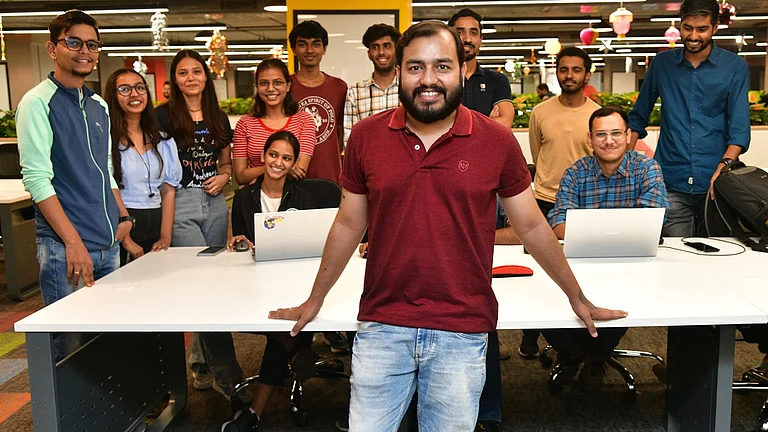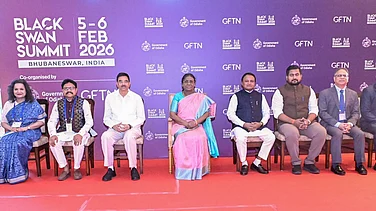Quick commerce platform Zepto recently partnered with German automobile giant Skoda's Indian arm to offer test drives of its latest compact SUV, the Skoda Kylaq. To announce this update, Skoda India shared a teaser online that gave the impression that Zepto would now be delivering Skoda cars through their platform.
Although it was never explicitly mentioned that Zepto would deliver the cars, people and reports assumed it, and the update made headlines. The announcement spread quickly, with the move being claimed as a major breakthrough in the quick commerce space.
Zepto’s co-founder and CEO Aadit Palicha later clarified that, for now, Zepto will only deliver test drives of the Skoda Kylaq and not the actual cars. In his clarification post, the founder stated that while the idea is tempting, they are hopeful about executing it in the future.
Is Quick Commerce Car Delivery Possible?
While the idea of receiving a car delivery in just 10 minutes through a quick commerce platform is exciting, seeing it manifest in reality is still a far-fetched dream. Currently, India lacks the infrastructure and regulatory frameworks needed to execute such an idea.
Talking about plans of full-fledged car delivery through their platform Zepto stated, “We are not selling cars at the moment, as it requires significant infrastructure development and time. For now, it's not about full-scale delivery of vehicles.”
India is one of the fastest countries to adopt quick commerce, where services that initially delivered groceries and small household items are now delivering products like phones straight to people’s doorsteps. While India may not have all the necessary infrastructure in place right now, if it focuses on digitising key aspects of the car purchase process, such as research, documentation, and test drives, it could soon make the entire car buying process digital.
Rohan Bhargava, Co-founder of CashKaro and EarnKaro said, “In order to digitise key aspects of car sales, quick commerce companies can integrate technology to simplify documentation, test drives, and financing. Digital paperwork with e-KYC and e-signatures can streamline the buying process, while AI-powered tools can offer instant EMI approvals. Doorstep test drives will play a crucial role, allowing customers to experience vehicles at their convenience without visiting a showroom. As demand for seamless online transactions grows, these innovations can make car purchases more accessible and efficient.”
Traditional Method of Buying Car
Buying a car in India involves several key steps. First, one needs to research and set a budget, choosing between a new or used car based on features, fuel type, and maintenance costs. If financing is required, comparing loan options and getting approval is the next step. Then, a test drive of shortlisted models, price negotiations, and finalizing the deal follows.
After submitting KYC documents and making the payment, the dealer registers the car at the RTO, and you must obtain mandatory insurance. Before taking delivery, inspect the car, verify accessories, and collect essential documents like the Registration Certificate (RC) and insurance papers. Post-purchase, activate FASTag, get a Pollution Under Control (PUC) certificate, and schedule regular servicing for maintenance.
Will India Adopt the Idea?
According to the National Family Health Survey-5 (NFHS-5) conducted between 2019 and 2021, only 8% of Indian households, or 1 in 12 households, own cars. This suggests that buying a car is an important decision a family makes collectively, investing their savings in it. Convincing them to make such a significant transaction online is a difficult task for the quick commerce platforms.
“The most challenging aspects of digitising vehicle purchases are touch and feel, aesthetics, and comfort, all crucial for Indian consumers. A vehicle isn’t just a mode of transport; it’s a long-term investment where ride quality, ergonomics, and design appeal play a key role in decision-making,” said Suhas Rajkumar, Founder and CEO, Simple Energy.
To purchase a car is a hefty and time consuming task. If any quick or e-commerce platform can figure it out, it might be a major breakthrough for the sector.
“While Q-commerce has revolutionised retail by enabling rapid deliveries, selling high-value products like cars presents unique challenges. Factors like financing, test drives, and regulatory compliance make instant car purchases complex,” Rohan Bhargava told Outlook Business.
































